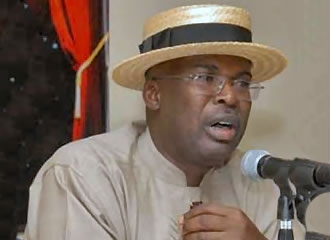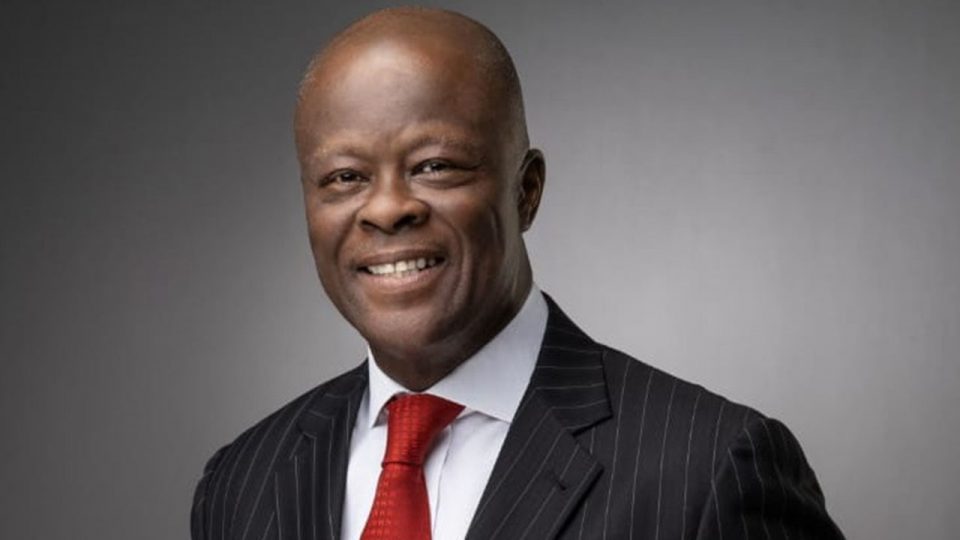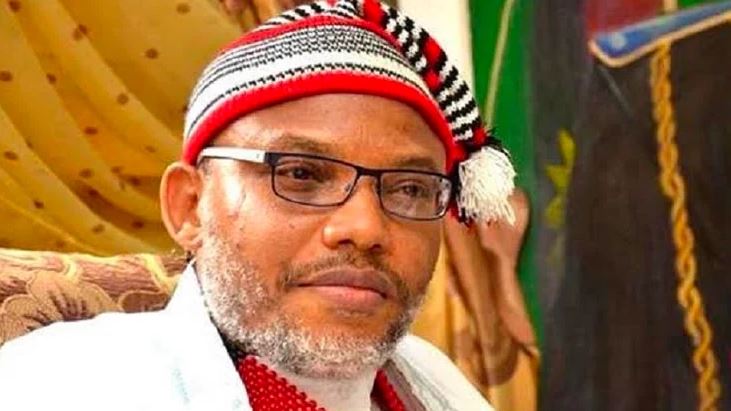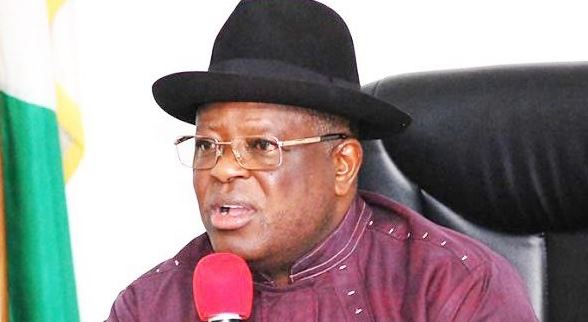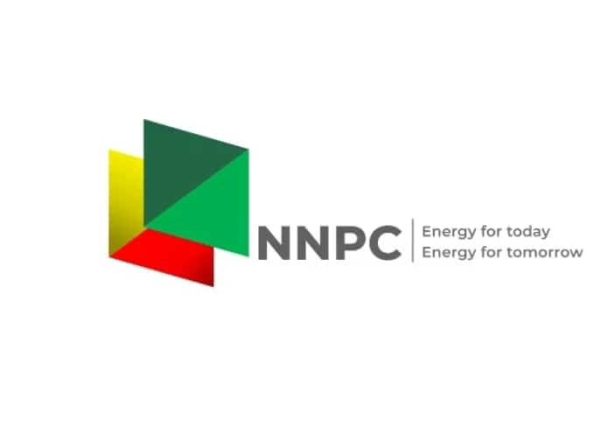The Minister of Finance and Coordinating Minister of the Economy, Wale Edun, has said that the Federal Government’s adoption of Compressed Natural Gas offers an opportunity to private sector players.
Edun said this at the unveiling of the 2023 Nigerian Banking Sector Report by Afrinvest, which was held in Lagos on Wednesday. The report was entitled ‘Getting Nigeria To Work Again!’
The finance minister who was represented by the Managing Director of the Ministry Of Finance Incorporated, Dr Armstrong Takang, said, that increasing the adoption of CNG will reduce the cost of production for businesses and households. However, he highlighted that there was a need to increase investment.
He said, “I don’t know if any of you have been watching the campaign on the substitution of PMS for CNG. It is an early step that we are taking. When you look at the price of CNG versus PMS, it ranges from half of it and sometimes it comes down to a quarter of what it costs to run on fuel.
“We believe that given that we are a gas nation and gas is cleaner than PMS, if we aggressively move in that direction, it can have a significant impact on the cost of not only fuelling our vehicles, mass transit as well as even factories that run on fuel and diesel. We are taking steps in that direction. You will be seeing some announcements in due course in terms of steps that are being taken to trigger a demand in that value chain. There is a lot of investment that has to be done in terms of conversion kits, refueling stations, and in terms of midstream in terms of transportation of infrastructure and upstream. A lot of investment needs to go into that. We believe that it provides an opportunity for the private sector to partner.”
It was also revealed that the FG’s target of Tax to GDP ratio of 18 per cent and Revenue to GDP ratio of 25 per cent by 2026 remain intact.
The minister in terms of outlook said, “The successful implementation of the ongoing reforms is expected to deliver meaningful improvements across several key revenue and debt metrics by 2025.”
In his comments at the event, the Group Managing Director of Afrinvest Group, Ike Chioke, reiterated the need for collaboration to ensure that Nigeria works again.
He said, “I would like to remind you that last year in October, we launched the 2022 banking sector report aptly titled ‘Brace for Impact’ and on the cover were passengers on an airline bracing for impact as they expected that the plane was going to crash any moment. Then this year, the plane crashed. We are all feeling the impact of the removal of the subsidy, and the devaluation of the Naira; all the things we predicted were going to happen last year because we realized that regardless of which politician won, whether it was (Bola)Tinubu, Peter Obi, or (Abubakar)Atiku, that they could not continue in the way we have been doing for so many years.”
He added, “We believe that some of the early actions already taken by the present government signal a new perspective on where it wants to take the economy. But it still requires a lot of comprehensive work. We believe that further work needs to be done, which was what has encouraged us to title this report, ‘Getting Nigeria to Work Again’.
“Getting Nigerian to work again will require a lot of collaborative effort, from not just the government but also from the private sector because in trying to push the economy, you are looking at multiple circles that are running independently of themselves which needs to be synchronised from the monetary policy point of view, from the fiscal policy point of view, from the revenue side when you look at NNPC, what’s happening in the oil and gas sector, from the desk side, from the financing picture. When you look at what the Management Office is coping with and the fact that even with the recently passed supplementary budget of N2tn nobody has explained to us how the money is coming in because last we learned, the Central Bank has been printing money for the government so when we know that the revenue has finished, how were we able to do a supplementary budget without knowing the source of income?”




